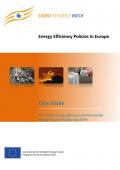
Slovak Energy Efficiency and Renewable Energy Finance Facility (SlovSEFF) intends to channel financing to sustainable energy projects reducing GHG emissions. This is done by providing: Loans (€20k – 2,500k); Grants (7.5% to 15% of loan); Incentive payments; Free technical assistance to borrowers (SlovSEFF 2015). SlovSEFF also aims at transferring and building expertise among banks and companies related to...
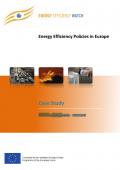
The overall target of the Danish government is to reduce total greenhouse gas emissions in Denmark by 40% by 2020 compared to 1990. Furthermore, Denmark aims to have an energy and transport system based on 100% renewable energy sources by 2050. Denmark has also introduced ambitious targets for new buildings. These...
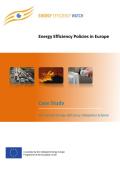
The Danish Energy Efficiency Obligation (EEO) represents one of the most important elements of the Danish energy efficiency policy package. The overall aim of the EEO is the promotion of cost-effective energy savings in all end-user sectors of the Danish economy. It has been started in 2006, currently runs from 2012 to...
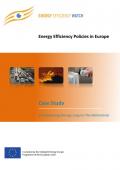
The Energiesprong programme in the Netherlands aims to make a substantial contribution to the conditions under which the Dutch energy transition can be achieved effectively. The mission of the Energiesprong programme is to contribute to the creation of appropriate market conditions for a large scale demand and supply of energy efficiency buildings...
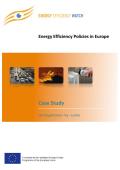
If a new car is registered in Latvia, the passenger car registration tax applies. For calculating the tax amount, the scheme takes into account CO2 emissions. It is because of the car registration tax in Latvia. The taxation scheme has been in force since 2004 but only since 2009 the...
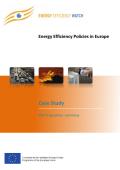
The German state-owned Bank for Reconstruction (Germ.: Kreditanstalt für Wiederaufbau, KfW) manages two programmes to improve the energy efficiency of German residential buildings through the “energy efficiency programme – energy-efficient construction and refurbishment”. The two programmes are (i) energy efficient construction (EEC) and (ii) energy efficient renovation (EER). While the...
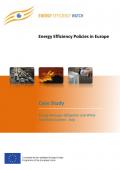
Italy is one of the largest emitters of greenhouse gases in the European Union. In the 1990s, the industry sector was responsible for approximately one-third of the energy consumption in Italy. To address these barriers, the National Energy Plan, called Energy Manager Obligation and White Certificate Scheme, was published including an obligation...
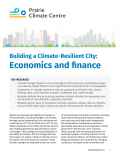
Alberta has experienced significant changes in recent decades, including changes in its climate. Average annual temperatures are increasing and could rise by 2.0°C by the 2030s and 4.0°C by the 2060s (compared to the 1990s) should the current rate of global greenhouse gas emissions remain unchanged. Total average annual precipitation...
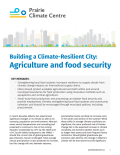
In recent decades, Alberta has experienced significant changes in its climate as well as its economy, population and environment. Alberta’s mean annual temperatures are increasing and projected to continue to rise in the coming decades—potentially by 2.0°C by the 2030s and 4.0°C by the 2060s (compared to the 1990s) —...
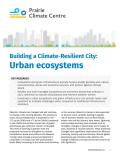
Alberta’s climate has changed and will continue to change in the coming decades. The province’s mean annual temperature is expected to rise 2°C by the 2030s and 4°C by the 2060s (compared to the 1990s) should the current rate of global greenhouse gas emissions remain unchanged. This level of warming...
